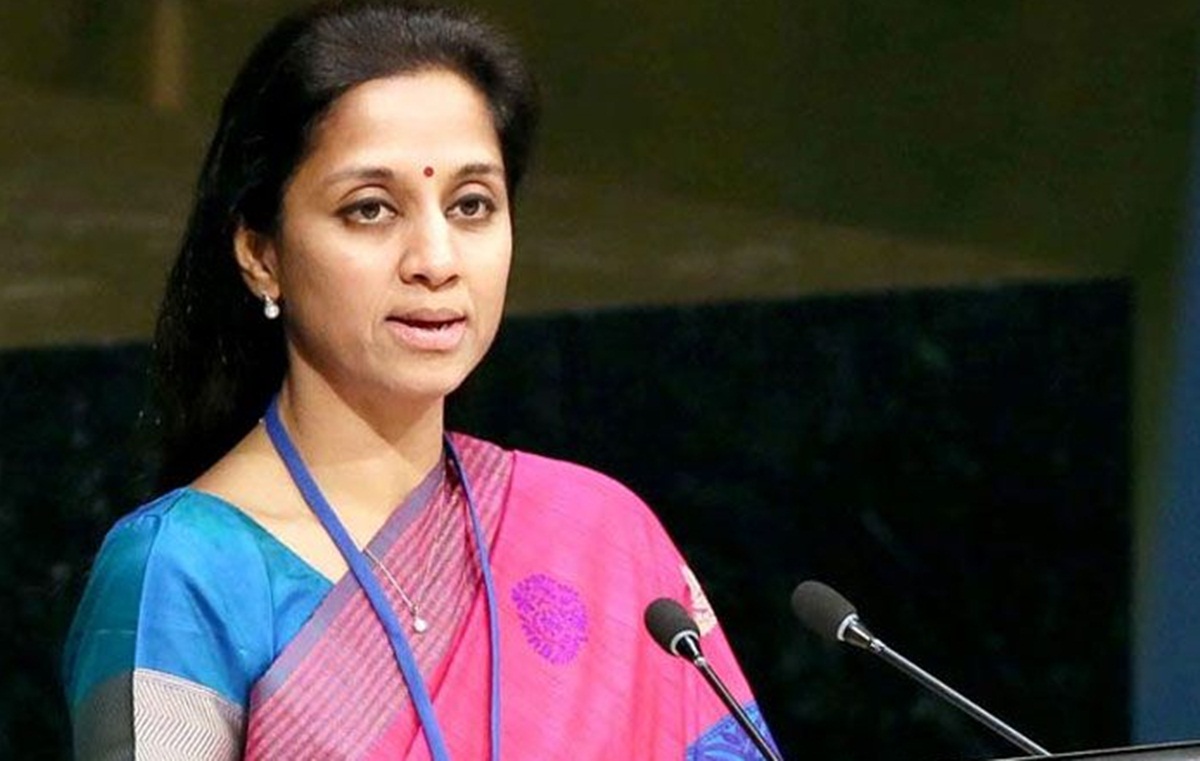In a significant statement on Monday, Sharad Pawar, the chief of the Nationalist Congress Party (NCP), accused certain communal elements of attempting to erase the historical significance of Koregaon Bhima, a site known for its sacrifices made by the people. Pawar’s remarks came during the induction of advocate Rahul Makhare into the party, who has represented several witnesses in the 2017 Koregaon Bhima violence case.
Pawar emphasized the impact of the violence that erupted in Pune’s Koregaon Bhima, following the Elgar Parishad conclave on December 31, 2017. He noted, “The violence caused restlessness in the state and the country. Some youths took the initiative and presented the truth before society, and Makhare is one among them.” This underscores the importance of recognizing the events that transpired, which he believes are being overshadowed by current political narratives.
The Maharashtra government established a two-member Koregaon Bhima Inquiry Commission in February 2018, led by retired high court Chief Justice J N Patel, to investigate the violence that occurred on January 1, 2018, resulting in one death and multiple injuries. Pawar reiterated the need to honor the legacy of the Elgar Parishad, which commemorates the 1818 battle where a British army comprising Dalits triumphed over the Peshwas.
Highlighting his concerns about the current political climate, Pawar warned that present-day rulers are posing a threat to the Constitution established by Dr. B.R. Ambedkar. He recalled a statement made by BJP leaders, claiming their party would alter the Constitution if they secured 400 seats in the upcoming 2024 Lok Sabha elections. “All small parties came together and thwarted the move. But even then, everyone needs to be vigilant,” he cautioned.
Pawar’s comments serve as a rallying call for unity among political factions to safeguard the rights and history that Koregaon Bhima represents. The NCP leader’s remarks resonate with the ongoing debates surrounding social justice and historical recognition, emphasizing the need to protect the legacy of sacrifices made by marginalized communities in India.






